Mental health on screen is something that tends to either get played for laughs, or takes the viewer through a harrowing ordeal. The directorial debut of actress Romi Trower, WHAT IF IT WORKS? is a unique kind of film that works both angles. Like P.J. Hogan said of his film Mental, “Comedy is always present when you’re dealing with somebody with mental illness.”
Adrian (Luke Ford) is a tech genius with Obsessive Compulsive Disorder (OCD). Following the demise of a previous relationship with Melinda (Brooke Satchwell) due to his condition, he struggles to connect with the outside world. The only time he truly feels free is when driving at high speeds in his sweet car. Struggling artist Grace (Anna Samson) seems like an unlikely partner: she suffers from dissociative identity disorder (DID), and her personalities range from the promiscuous to outright angry. As the duo begin to grow from being with each other, they are left with a simple question: what if it works?
It’s clear that Trower has a personal investment in the characters she has created. When presenting the film to Cinequest, the filmmaker revealed that her older brother has a severe case of OCD, and her aunt is a psychiatrist that specialises in DID. For all the comical scenarios that result from Adrian and Grace’s conditions, Trower is skilled at normalising this behaviour to a point that it’s not so much funny as endearing and understandable.
Even amidst the brightly coloured alleys of Melbourne, highlighting the street art the city now proudly displays as a tourist attraction, Ford and Samson stand out as energetic characters. Ford’s affectations might seem hard to digest, with the process sometimes showing through the performance, but these too become another part of the conversation Trower is beginning. Samson shows amazing versatility in her multiple personalities, but also a surprising amount of subtlety for a role that could lean towards over-the-top.
WHAT IF IS WORKS? is a little too conscious of itself sometimes, but it could never be accused of being didactic or preachy. While it does brush up against the notion that love can conquer mental illness, it also never shies away from the genuine hard work that people in similar relationships have to put in on a daily basis. A fun and engaging first feature from an Australian filmmaker, one that worms its way into your gooey insides the longer you spend with it.
[stextbox id=”grey” bgcolor=”F2F2F2″ mleft=”5″ mright=”5″ image=”null”] 2017 | Australia | DIR: Romi Trower | WRITER: Romi Trower | CAST: Luke Ford, Anna Samson, Kaarin Fairfax, Wade Briggs, Brooke Satchwell | DISTRIBUTOR: Gold Coast Film Festival | RUNNING TIME: 102 minutes | RELEASE DATE: 28 April & 30 April 2017 (Gold Coast Film Festival) [/stextbox]
2017 | Australia | DIR: Romi Trower | WRITER: Romi Trower | CAST: Luke Ford, Anna Samson, Kaarin Fairfax, Wade Briggs, Brooke Satchwell | DISTRIBUTOR: Gold Coast Film Festival | RUNNING TIME: 102 minutes | RELEASE DATE: 28 April & 30 April 2017 (Gold Coast Film Festival) [/stextbox]

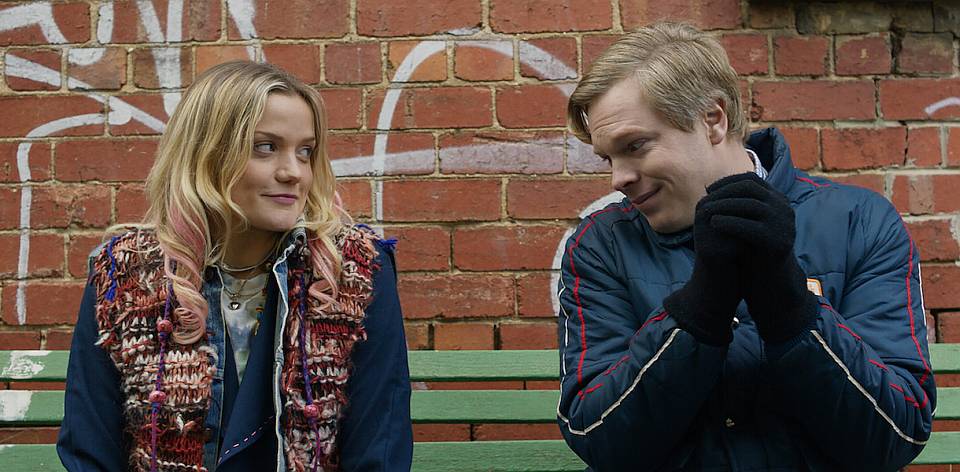
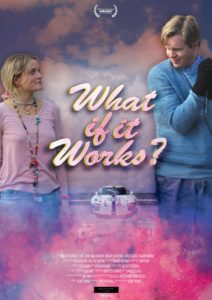
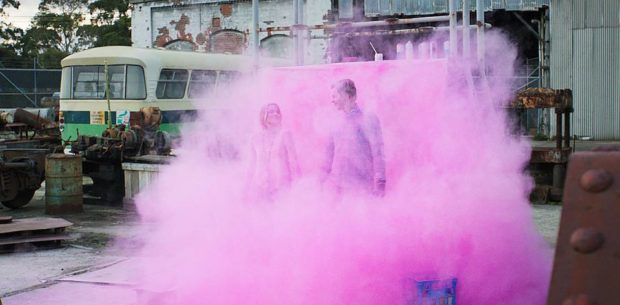
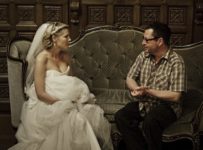

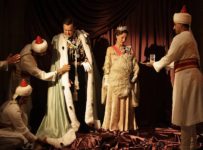
This sounds like a wonderful film and I am always heartened to see accurate portrayals of OCD, which is so often misunderstood and misrepresented.
My son had OCD so severe he could not even eat, and thankfully exposure and response prevention (ERP) therapy, the first line psychological treatment for OCD, literally saved his life.Today he is a young man living life to the fullest. I recount my family’s story in my critically acclaimed book, Overcoming OCD: A Journey to Recovery (Rowman & Littlefield, January 2015) and discuss all aspects of the disorder on my blog
at http://www.ocdtalk.wordpress.com. There truly is hope for all those who suffer from
this insidious disorder and I wish all those involved with the film the best of luck!